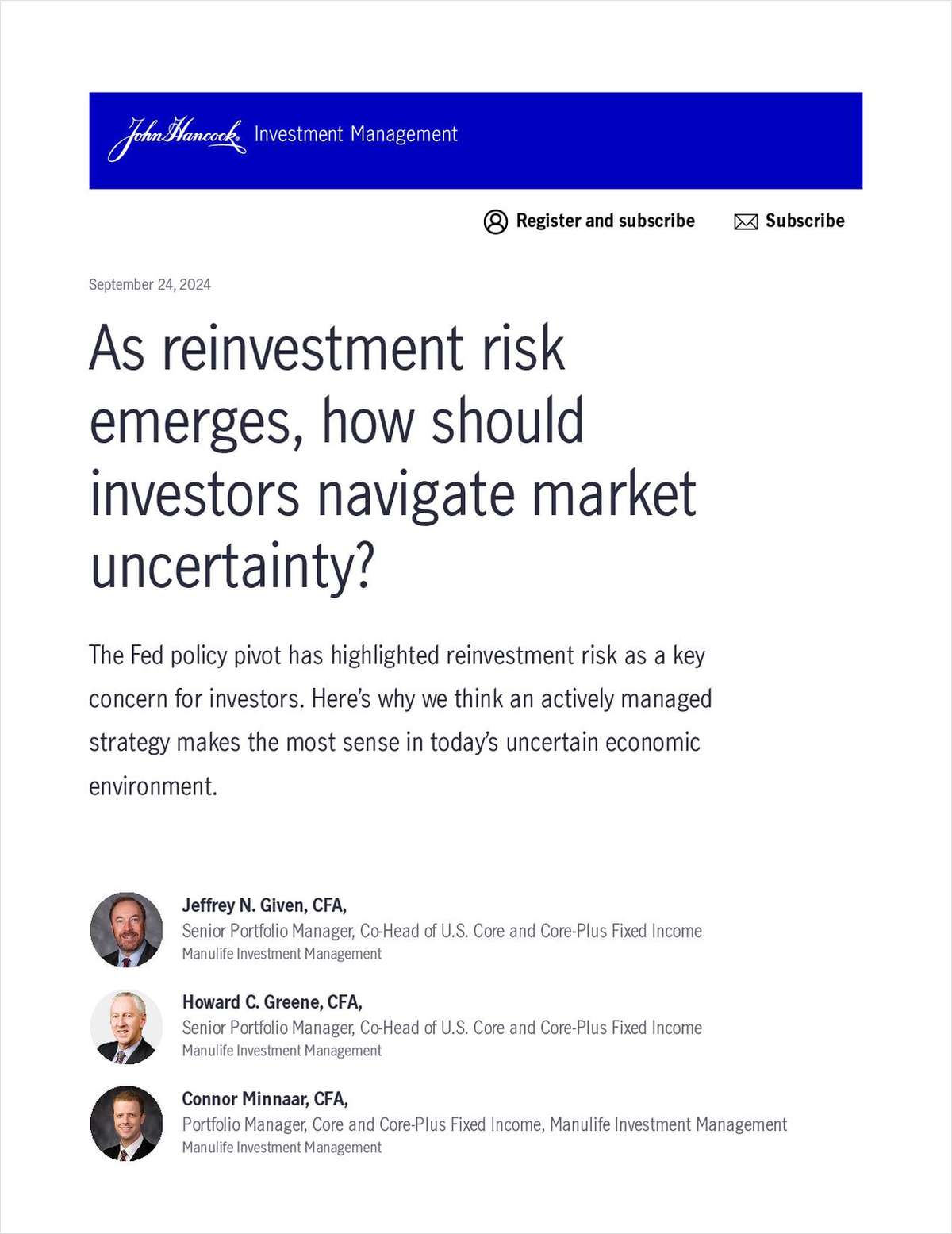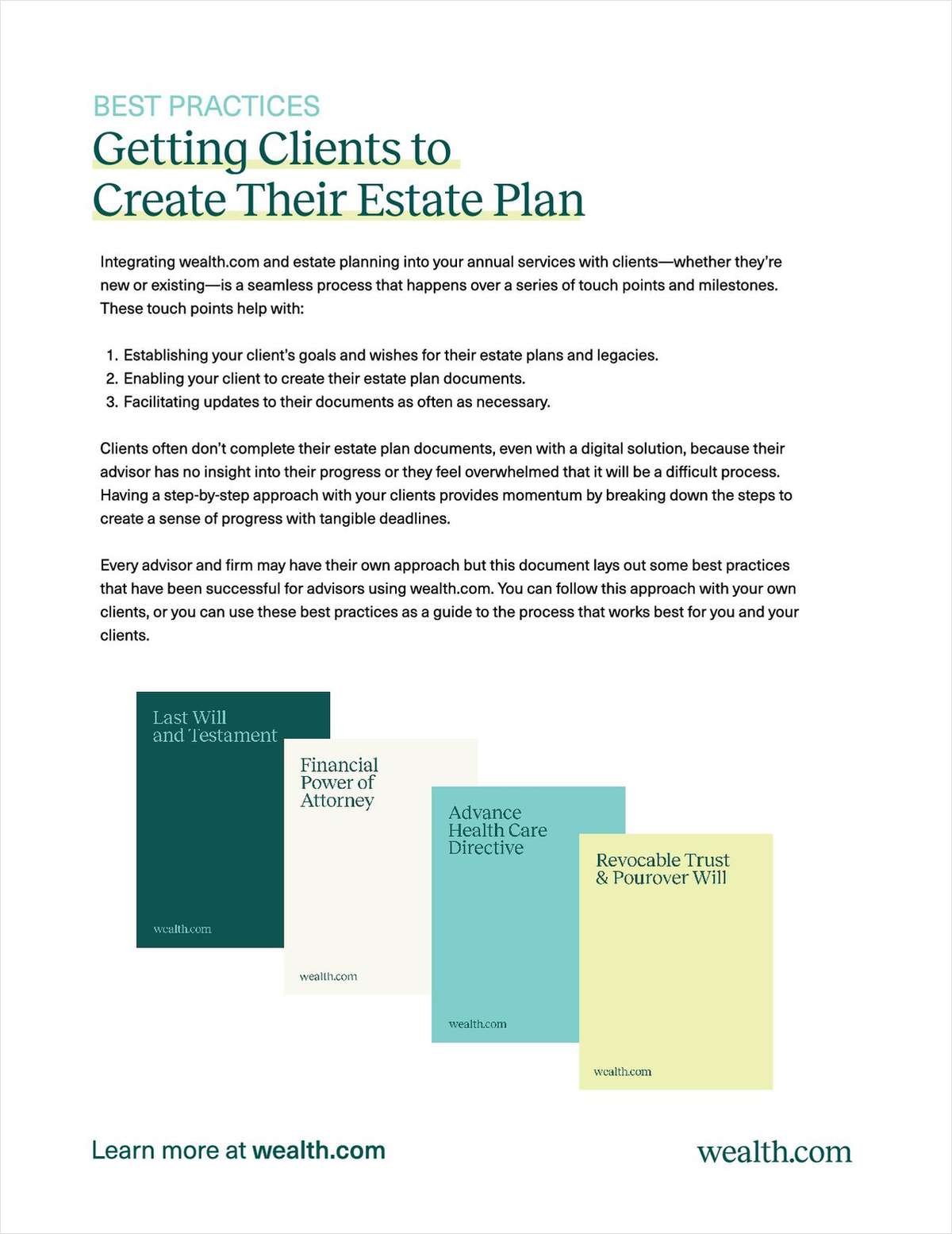Jackson Hewitt Tax Service Inc. has just sent me a report on an important but little-understood fact about low-income and moderate-income people who are uninsured: 27 percent have no checking account.
The percentage of uninsured people who are also "unbanked" is even higher in the states where the U.S. Department of Health and Human Services (HHS) expects to run Patient Protection and Affordable Care Act (PPACA) exchanges starting in October.
Jackson Hewitt analysts note that many of the insurers that intend to sell health plans through the PPACA exchanges want to require customers to pay premiums automatically through a checking account.
That kind of requirement may help insurers reduce administrative costs, but Jackson Hewitt argues that it could shut as many as 8 million people out of the new PPACA advance premium tax credit program, which is supposed to help the working poor pay their share of the cost of health insurance.
Jackson Hewitt wants federal regulators to solve the problem by requiring insurers to accept other commonly used forms of payment, such as prepaid debit cards.
Federal agencies already use prepaid debit cards to send payments to about 5 million unbanked people, the company says.
On the one hand: The idea of requiring exchange plans to take prepaid debit cards sounds as if it's way more complicated and expensive in real life than a lay reporter would think, but that it's the kind of change that health insurers probably ought to make, anyway. Maybe spending the money to move away from reliance on nineteenth-century-style checking accounts is something that insurers ought to be doing whether PPACA exists or not.
On the other hand: What hit me about the Jackson Hewitt paper is that being "unbanked" must be as bad for people in some ways as being "uninsured," but that Congress has unleashed the hounds of regulatory heck on the health insurance industry without doing anything new to get the banks to help the unbanked.
Stipulated: About 80 percent of the readers here hate PPACA with bitter passion; about 10 percent of the readers love PPACA, and think the people who hate PPACA have Drunk the Kool-aid; and about 10 percent must (like me) talk to people on both sides, and we're lying low because we're afraid of getting hit by fire aimed at the other guys, or beat up because we're viewed as annoying weasels.



